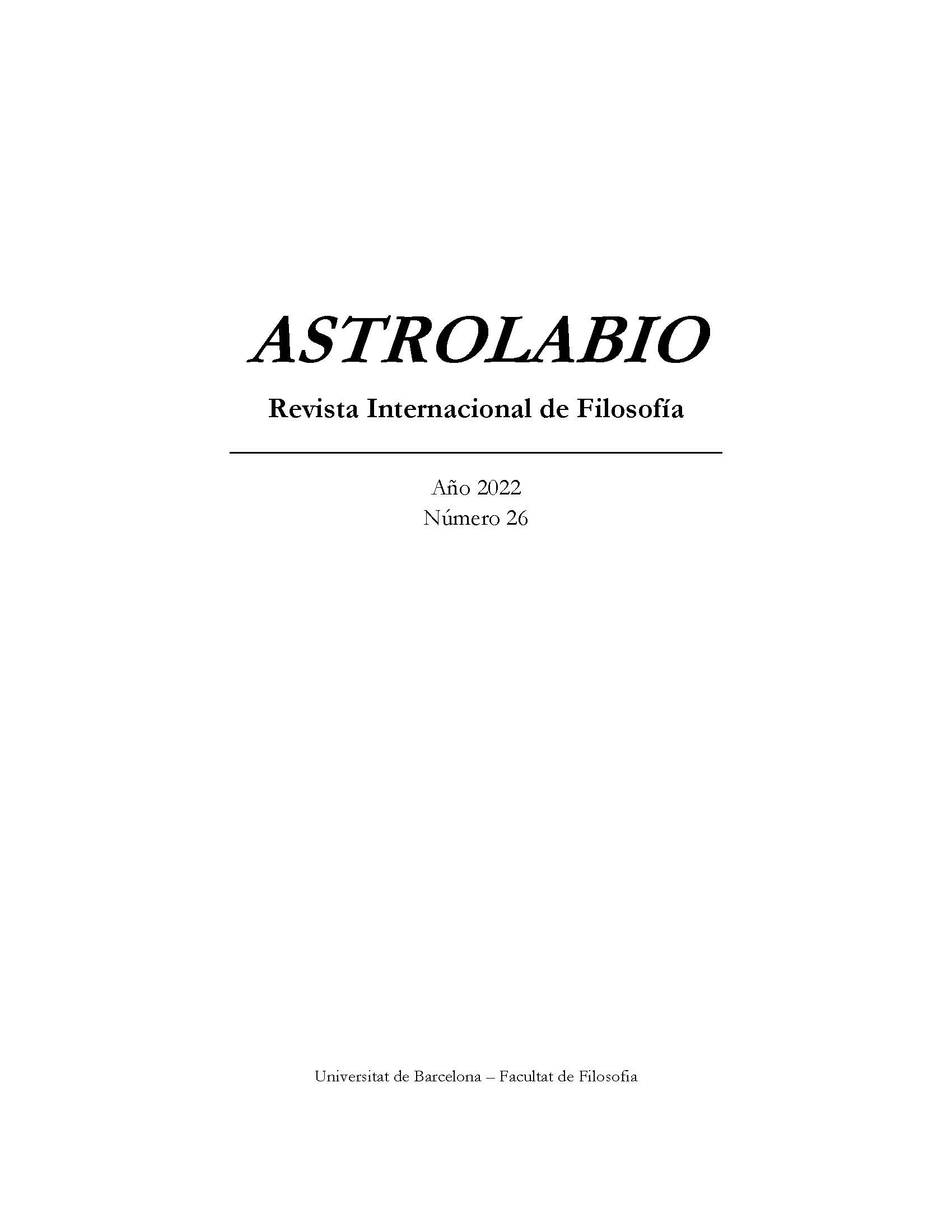The resistance from marginality. Urban transformation and social conflict in Barcelona
Article Sidebar

Main Article Content
Nowadays it is not so known about how the goals of social justice shape a strong longterm community organization that enables the realization of urban spatial alternatives and inclusive cities. We can find these alternatives in different cities around the world. The communities that inhabit these new spaces generally express concerns about health, relationships and care, dimensions that help launch projects such as the creation of urban gardens, Housing, and other forms of urban commons. Through an analysis of the neighborhood mobilization around the transformative projects of urban spaces located in the neighborhoods of El Ràval, Sants-Badal and Vallcarca i els Penitents, we can discover common patterns of activism aimed at rebuilding the community and politically resignifying the urban context, thus addressing the importance that the care relationship assumes within the community that struggles and resists. In particular, the relationship with alterity assumes a fundamental role because this occurs through self-organization and counter-hegemonic cultural practices in places where resistant marginalities intersect. The self-organization to which I refer is that of non-normative bodies that put life, care, affections and social reproduction relationships at the center before those of production.
Article Details
Copyright
Se permite la reproducción total o parcial de los trabajos publicados en la Revista, siempre que se cite la fuente.
Los derechos de autor de los artículos publicados en la Revista pertenecen a las autoras y autores, con derechos de primera publicación reservados para esta revista. Los artículos serán distribuidos bajo la licencia CC BY 4.0 (Atribución 4.0 Internacional).
La Revista es de acceso público, por lo tanto, las autoras y autores que someten trabajos aceptan que los mismos son de uso gratuito. Consultar declaración de derechos de autoría completa en nuestra web.
Most read articles by the same author(s)
- Sara Pierallini, Sharing social reproduction. Break up with the public / private space dualism , Astrolabio: revista internacional de filosofia: 2020: Núm.: 24